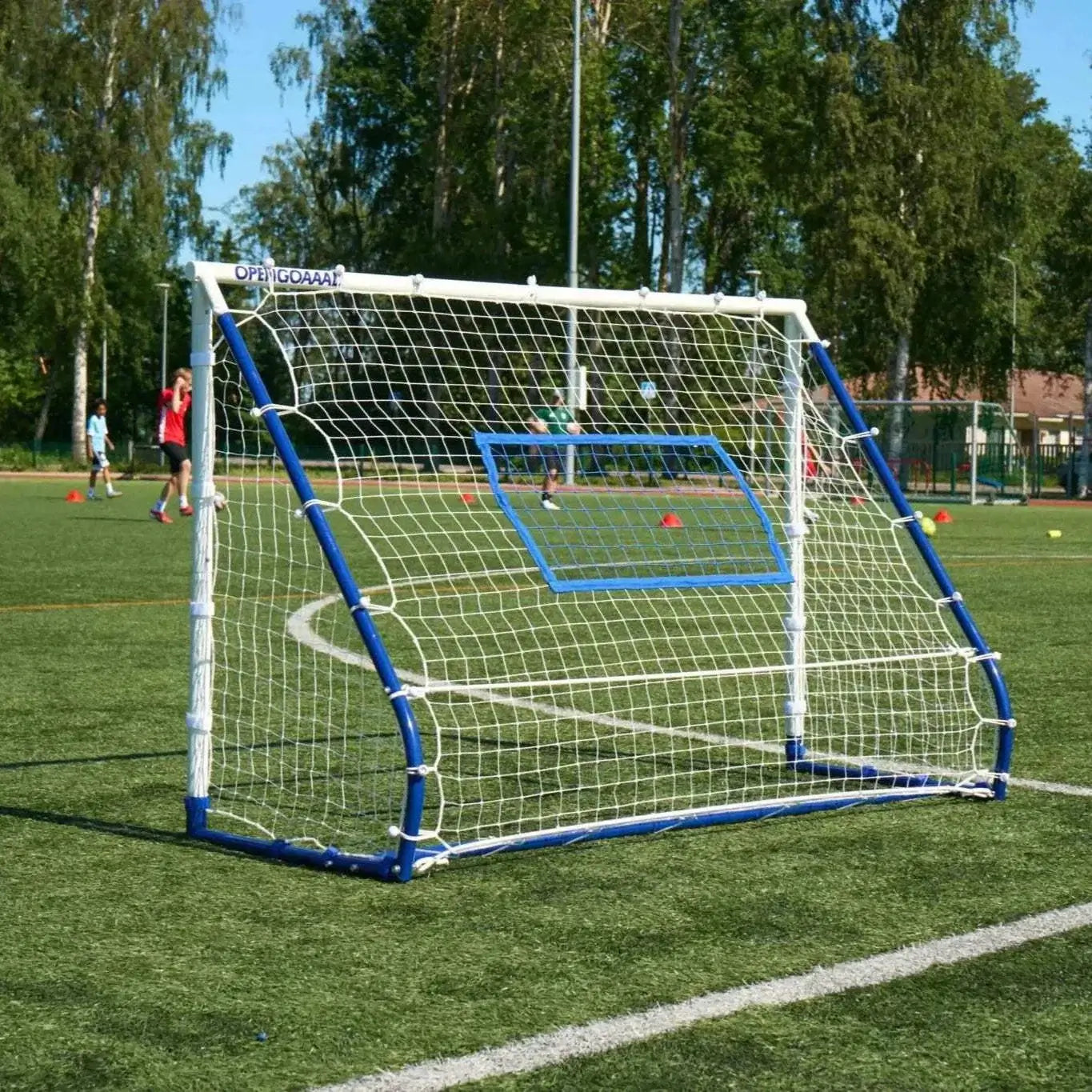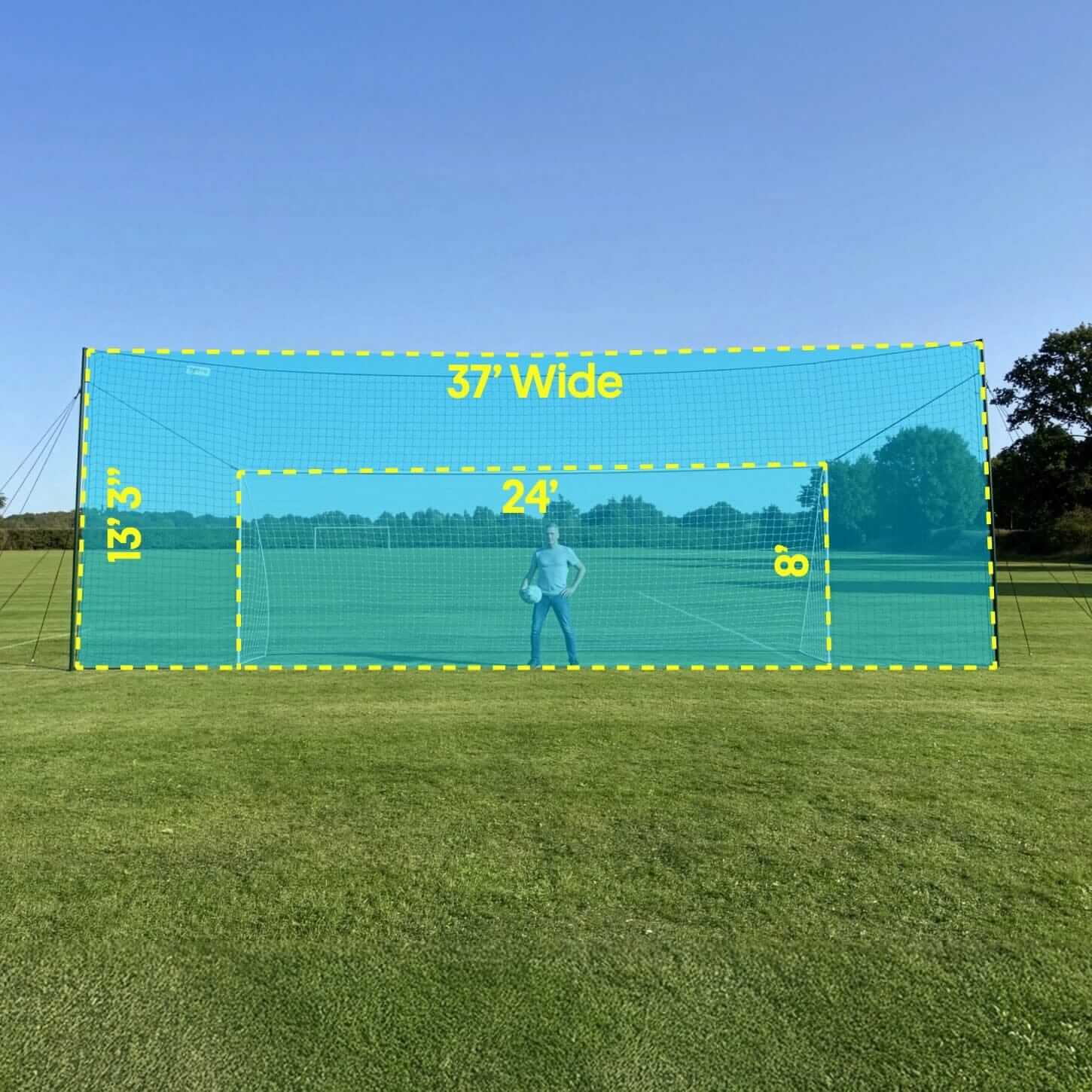The FIFA World Cup is arguably the most prestigious and widely watched sporting event on the planet. Every four years, nations from around the globe come together to compete for the coveted trophy. In this article, we'll take a trip down memory lane and explore the World Cup winners over the years. From the inaugural tournament in 1930 to the most recent Cup in Qatar, we'll delve into the history of this illustrious competition.
Early Years (1930-1970)
In the first decades of the FIFA World Cup, soccer's most prestigious tournament was in its infancy yet it set the stage for a legacy that would endure through the ages.
Inception in Uruguay, 1930:
The FIFA World Cup was born in Uruguay in 1930, a pioneering event that forever changed the landscape of international soccer. The tournament was a daring vision, and little did the world know that it would evolve into the greatest sporting spectacle on Earth.
Uruguay's Inaugural Victory:
The host nation Uruguay emerged as the first-ever World Cup champions, marking their name in history. The Estadio Centenario witnessed their triumph as they defeated Argentina 4-2 in a fiercely contested final, setting the stage for future soccer glory.
Rise of Iconic Players like Pelé:
The 1950s and 1960s witnessed the rise of iconic players who left an indelible mark on the World Cup. Pelé, the Brazilian prodigy, burst onto the scene becoming the youngest ever goal scorer and a symbol of youthful exuberance in the sport. He is also the youngest player who has won the World Cup, Pele was only 17 years old when he lifted the glorious cup and he went on to win the World Cup three times.
Expansion and Global Reach (1974-2002)
As the World Cup entered its second half-century, it experienced exponential growth, expanding its reach to encompass nations from all corners of the globe.
Tournament Growth from 16 to 32 Teams:
The 1974 World Cup marked a significant change to the event because the number of participating teams increased from 16 to 32. This expansion broadened the global reach of the tournament, bringing diverse soccer cultures to the forefront.
Memorable Moments, e.g., Maradona's '86 Heroics:
Diego Maradona's mesmerizing performances in the 1986 World Cup stand as a testament to the magic of soccer. His 'Hand of God' and 'Goal of the Century' in the quarterfinal against England are some of the key events of soccer history.
Evolution of Tactics and Strategies:
The World Cup has been a laboratory for the evolution of soccer tactics and strategies. From Total soccer to 'tiki-taka,' each era has seen teams adapt and innovate to gain an edge on the grand stage.
Recent Dominance (2006-Present)
In the 21st century, the World Cup witnessed new dominant forces emerging, challenging the established order of soccer.
Italy's 2006 Triumph:
Italy's tactical prowess led them to victory in the 2006 World Cup. The Azzurri showcased the power of defensive solidity and penalty shootout expertise, clinching their fourth World Cup title by winning France on penalties. This was a dramatic final where Zinedine Zidane, one of the all time greats, had to leave the field after headbutting Materazzi in the chest and getting a red card for it.
Spain's 'Tiki-Taka' Dominance in 2010:
Spain's possession-based 'tiki-taka' style of play mesmerized the world in 2010. La Roja's triumph marked a shift in soccer philosophy, emphasizing the beauty of ball retention.
Germany's Ascendancy in 2014 and France's 2018 Victory:
Germany's precision and teamwork led them to victory in 2014 when Brazil hosted the World Cup. They even demolished the host nation 7-1 in the semi-final and then went on to beat Messi’s Argentina 1-0 during extra time. France, boasting a new generation of talent, clinched their second title in 2018 against Croatia in a final that saw the most goals since 1966 World Cup final.
Argentina Vs France 2022
The showdown between two soccer powerhouses, Argentina and France, unquestionably contributes yet another dramatic final of this great Cup. Argentina’s early dominance was put to test with Kylian Mbappe’s 2 late goals in regular time. Messi put Argentina ahead again in extra time only to see Mbappe complete his hat trick and equalize 2 minutes before the end of extra time. Argentina held their nerves and went to win on penalties meaning that Messi got to lift the prestigious FIFA World Cup and further leave his mark in the history of the great game.
List of World Cup Winners Over the Years
|
Year |
Winner |
|
1930 |
Uruguay |
|
1934 |
Italy |
|
1938 |
Italy |
|
1950 |
Uruguay |
|
1954 |
West Germany |
|
1958 |
Brazil |
|
1962 |
Brazil |
|
1966 |
England |
|
1970 |
Brazil |
|
1974 |
West Germany |
|
1978 |
Argentina |
|
1982 |
Italy |
|
1986 |
Argentina |
|
1990 |
West Germany |
|
1994 |
Brazil |
|
1998 |
France |
|
2002 |
Brazil |
|
2006 |
Italy |
|
2010 |
Spain |
|
2014 |
Germany |
|
2018 |
France |
|
2022 |
Argentina |
Notable Records and Statistics
While the FIFA World Cup has been a stage for thrilling matches and extraordinary moments, it has also given birth to records and statistics that have stood the test of time. This section will explore some of the most remarkable records, such as Pelé's youngest goal scorer achievement and Miroslav Klose's goal scoring legacy. Additionally, we'll discuss how the introduction of VAR technology has impacted the tournament's fairness and accuracy.
Pelé's Youngest Goal Scorer Record:
One of the most enduring records in World Cup history belongs to the Brazilian legend Pelé. In 1958, at the tender age of 17 years and 239 days, Pelé became the youngest goal-scorer in the tournament's history. This record still stands as a testament to his extraordinary talent.
Miroslav Klose's Goal Scoring Legacy:
Miroslav Klose, the German striker, etched his name in the record books during the 2014 World Cup. With 16 goals in World Cup tournaments, he surpassed Ronaldo's previous record of 15 goals, becoming the all-time top goal scorer in World Cup history. Klose's consistency and predatory instinct made him a goal scoring phenomenon.
Impact of VAR Technology:
The introduction of Video Assistant Referee (VAR) technology in recent World Cups has significantly impacted the fairness and accuracy of officiating. VAR has helped eliminate contentious decisions and bring justice to the field, ensuring that the outcome of matches is determined by skill and teamwork rather than human error.
Memorable Moments and Upsets
The World Cup has never been short of unforgettable moments and stunning upsets that have left fans in awe. This section will take you on a journey through some of these iconic moments, including Maradona's 'Hand of God' and 'Goal of the Century,' as well as Roger Milla's joyous dance. We'll also revisit the astonishing upsets by teams like Cameroon and Senegal, proving that in soccer, underdogs can rise to the occasion.
Maradona's 'Hand of God' and 'Goal of the Century':
Diego Maradona's unforgettable performances in the 1986 World Cup in Mexico included two iconic moments. The 'Hand of God' goal, where Maradona used his hand to score, and the 'Goal of the Century,' a solo dribble past multiple English defenders, showcased his genius and audacity on the field.
Roger Milla's Unforgettable Dance:
In the 1990 World Cup, Roger Milla from Cameroon became a global sensation with his goal-scoring exploits and his celebratory dance. Milla's charisma and passion for the game endeared him to fans worldwide, symbolizing the joy and exuberance of African soccer.
Stunning Upsets by Cameroon and Senegal:
The World Cup has witnessed its share of underdog stories, with Cameroon's 1990 quarterfinal run and Senegal's remarkable journey to the quarterfinals in 2002 standing out. These teams defied the odds and left an indelible mark on the tournament, proving that in soccer, anything is possible.
The Future of World Cup Winners
As we look ahead to the future of the FIFA World Cup, exciting possibilities await. This section will shed light on emerging soccering nations such as Belgium and Croatia, showcasing their potential to shape the tournament's future. Moreover, we'll introduce you to the rising stars of the sport, like Kylian Mbappé and Erling Haaland, who promise to leave their mark on future World Cup editions. Lastly, we'll explore how technology is influencing the evolution of tactics and strategies in the world of soccer, offering a glimpse into the game's exciting future.
Emerging Soccer Nations like Belgium and Croatia:
In recent years, emerging soccer nations like Belgium and Croatia have demonstrated their potential on the World Cup stage. Belgium's 'Golden Generation' and Croatia's 2018 World Cup final appearance reflect the changing landscape of international soccer.
Rising Stars such as Mbappé and Haaland:
The next generation of soccer superstars is already making their mark. Players like Kylian Mbappé from France and Erling Haaland from Norway are poised to lead their nations to future World Cup glory, carrying the torch for the sport's bright future.
Technology's Influence on Evolving Tactics:
As technology continues to advance, its influence on soccer tactics and strategies becomes more pronounced. Data analysis, performance tracking, and sports science are reshaping how teams prepare and play, promising a future where innovation and precision define the game.
Conclusion:
The FIFA World Cup stands as a timeless celebration of the human spirit, where nations unite, dreams are turned to reality, and legends are born. From its humble beginnings in Uruguay to today's global phenomenon, the World Cup's enduring allure transcends borders and cultures. As we look back on its rich history and forward to its promising future, one thing remains certain: the FIFA World Cup will continue to inspire and captivate generations, reminding us all of the unifying power of sports on the global stage.
FAQs
Who has won the most FIFA World Cups?
Brazil holds the record for the most FIFA World Cup victories, with a total of five titles.
Which country won the first ever FIFA World Cup?
Uruguay emerged as the first ever FIFA World Cup champion in 1930.
Has any country won consecutive World Cups?
Yes, Italy and Brazil have both won consecutive FIFA World Cups. Italy achieved this feat in 1934 and 1938, while Brazil did so in 1958 and 1962.
How often is the FIFA World Cup held?
The FIFA World Cup is held every four years.
When is the next FIFA World Cup scheduled to take place?
As of the latest information available, the next FIFA World Cup is scheduled for 2026 in three North American countries: the United States, Mexico, and Canada.






























